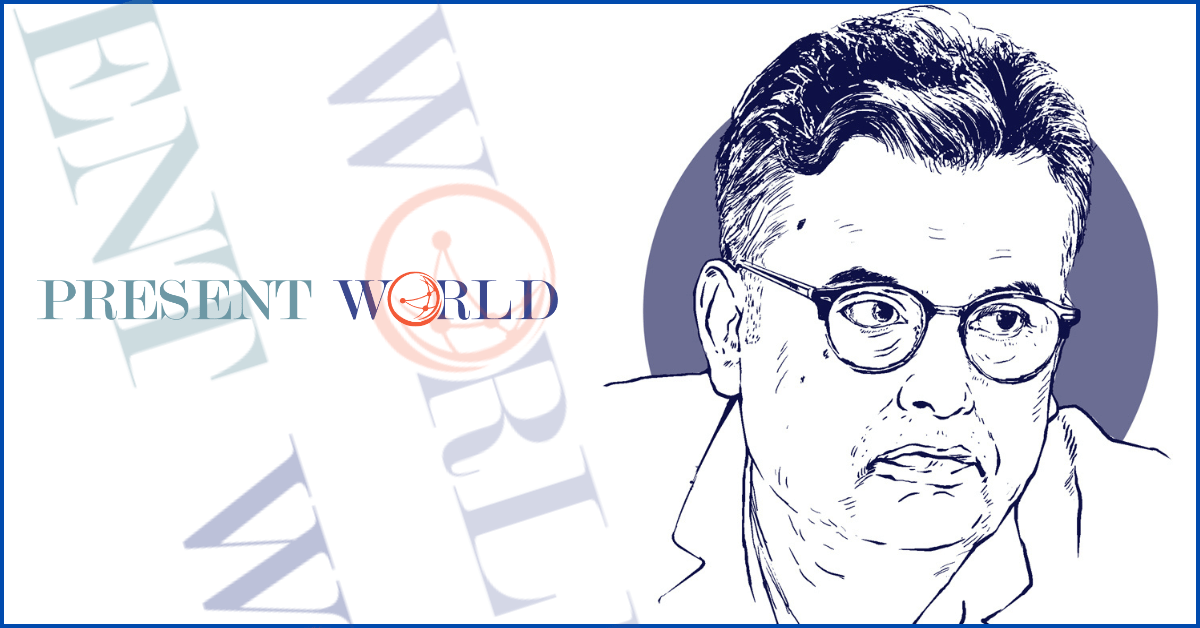The Bangladesh Nationalist Party’s (BNP) decision to boycott the general elections in 2014, despite their significant victories in all five major city corporations, remains a puzzling strategy with unclear motives—this confusion, combined with the lack of self-evaluation and transparency among political parties in Bangladesh. Moreover, the vibrant and discussion-driven party forums that were a hallmark of the Pakistan era or the 1980s are now absent. Consequently, understanding the rationale behind such political strategies and their impacts on party and national politics has become increasingly challenging.
In 2014, the BNP and its allies could not disrupt the general elections. Since then, the BNP distanced itself from local government elections until the eve of the 2018 general elections. Despite joining the elections under Dr. Kamal Hossain’s leadership, the election turned out to be weak. The BNP and its like-minded political parties have withdrawn from participating in elections. It was assumed their supporters might engage in elections after withdrawing political symbols in local government elections. Still, their absence in subsequent city corporation and municipal elections indicates otherwise.
A critical observation in the country’s electoral system is the drastically reduced voter turnout. Conversations with several BNP politicians suggest that they perceive this low turnout as a political victory, interpreting it as compliance with their boycott directives. Even a popular Awami League leader, whose constituency had seen significant turnout of his workers and supporters in the previous election, expressed his astonishment privately that BNP supporters and workers abstained from voting almost entirely.
This perspective shared by leaders from both the Awami League and BNP indicates that the BNP’s leaders, workers, and supporters adhere to their party’s directives, marking considerable success for the BNP. They may wish to maintain this success for now and await future opportunities, possibly with a long-term strategy in mind.
A logical BNP supporter once remarked at a Senakunja event in 2015, “If Awami League could spend twenty-one years on the streets, why can’t BNP do the same?” Similarly, a senior journalist, contrasting with a piece I wrote in 1997, advised me to adopt a different perspective, highlighting that Awami League’s survival for twenty-one years on the streets was not dependent on a single individual. This resilience was mirrored by grassroots support nationwide, even when the leadership was uncertain before Sheikh Hasina’s return. The journalist’s insight was not just a reflection of his support but also a reminder of the enduring nature of political commitment among the populace.
However, the views of the senior journalist from 1997 and the logical BNP supporter in 2015, along with narratives of Awami League’s prolonged struggle, now seem like distant memories. Moreover, a new generation has emerged, deeply intertwined with globalization.
Thus, it is crucial to consider the past in understanding the present state of politics while also analyzing the current situation without bias. It is incorrect to view many voters staying away from elections solely as a victory for the BNP; this scenario demands a more nuanced analysis. Only some people in the country are politically active. While political workers from all parties may form a significant portion of the population, many remain detached from political processes. Furthermore, attributing the low turnout at voting centers solely to the BNP’s call oversimplifies the issue.
Several factors need consideration. For generations, the people of this country have placed their trust in politicians through various movements, witnessing transitions from colonial rule to independence and now political governance. This history necessitates a dispassionate governance evaluation by ordinary citizens and party activists. It’s equally important to understand the views of those not affiliated with any political party or who do not benefit from political connections regarding politics and the state.
Additionally, a global phenomenon is questioning the extent to which political parties, politics, and the state contribute to individual well-being in a world increasingly shaped by globalization and technological advances. This shift from a state-centric to an individual-centric perspective of progress challenges traditional political and state responsibility views in personal fortunes.
As the world grapples with this shift, Bangladesh faces the challenge of political disengagement, marked by a growing apathy towards elections. Some argue this trend results from the main opposition party, BNP’s abstention from elections, while others blame the government’s failure to ensure a fair electoral environment. This situation reflects a broader power struggle within the country’s political landscape.
A segment of the Bangladeshi population is becoming politically disengaged, a trend intensified by-election boycotts. Historically, the Bangladeshi people have never fully engaged in what is genuinely considered political involvement, navigating through various opposition movements without truly integrating into a participatory political process. This lack of deep-rooted political engagement among the populace suggests that the concept of politics as a stabilizing force in society has not taken firm hold, nor has the potential of politics to foster societal improvement been fully realized.
Given this political landscape, ensuring a democratic environment that upholds individual freedoms for future generations demands thorough consideration of many factors. Among these, the electoral process, as a foundational pillar of democracy, requires immediate and special attention from all political parties and policymakers.
Author: A National Award-Winning Journalist. Editor and Publisher of The Present World and Sarakhon.










